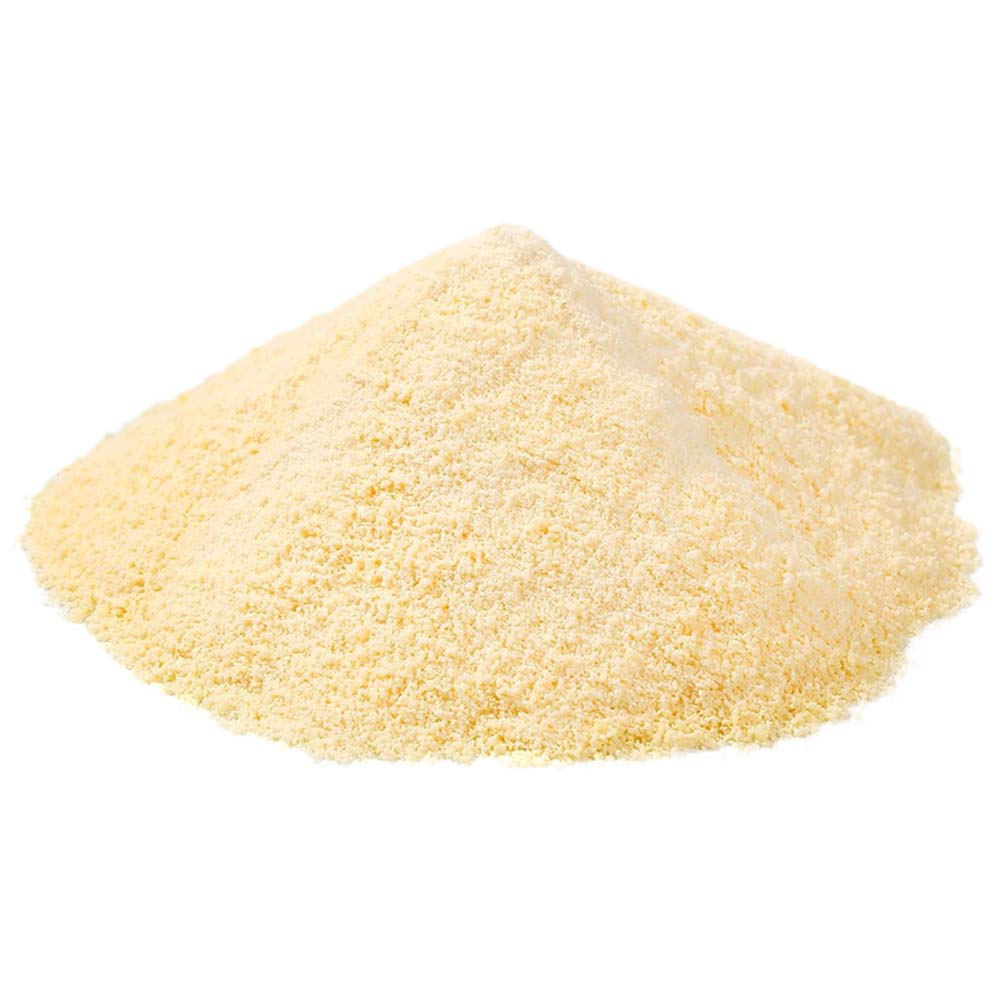Suji
Suji
Couldn't load pickup availability
"Suji" is a term used in South Asia, particularly in India, to refer to semolina or coarse wheat flour. It is also known as "rava" in some regions. Suji is made by grinding durum wheat into small granules, resulting in a coarse texture.
Here are some key points about suji:
-
Ingredient in Cuisine: Suji is a versatile ingredient commonly used in Indian cuisine to prepare various dishes. It is a staple in many households and is used in both savory and sweet recipes.
-
Nutritional Content: Suji is a good source of carbohydrates and provides some protein and fiber. It also contains vitamins and minerals such as B vitamins, iron, and magnesium.
-
Texture and Cooking: Suji has a coarse texture, which gives dishes a slightly grainy or gritty texture when cooked. It absorbs liquids well and can be used to make porridge, puddings, upma (a savory breakfast dish), idlis (steamed rice cakes), dosas (savory pancakes), and sweets like halwa.
-
Versatility: Suji can be used to make a wide range of dishes, both savory and sweet. It is often used as a base for batters, doughs, and fillings in Indian cuisine.
-
Health Considerations: While suji is a nutritious ingredient, it is important to consume it in moderation as part of a balanced diet. Like other wheat products, suji contains gluten, so it may not be suitable for those with gluten intolerance or celiac disease.
-
Storage: Suji should be stored in an airtight container in a cool, dry place to prevent it from becoming rancid or attracting pests.
-
Varieties: Suji is available in different varieties, including fine suji (used for making sweets and desserts) and coarse suji (used for savory dishes).


